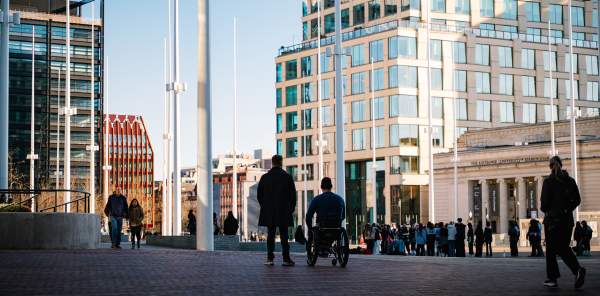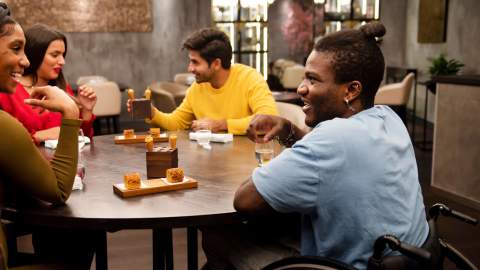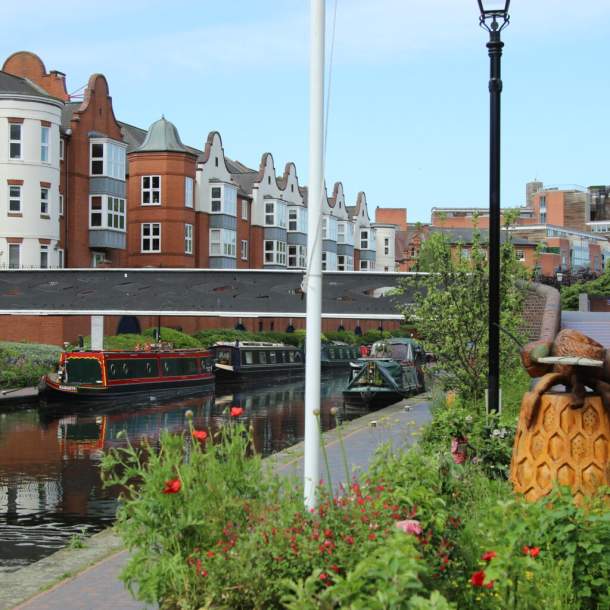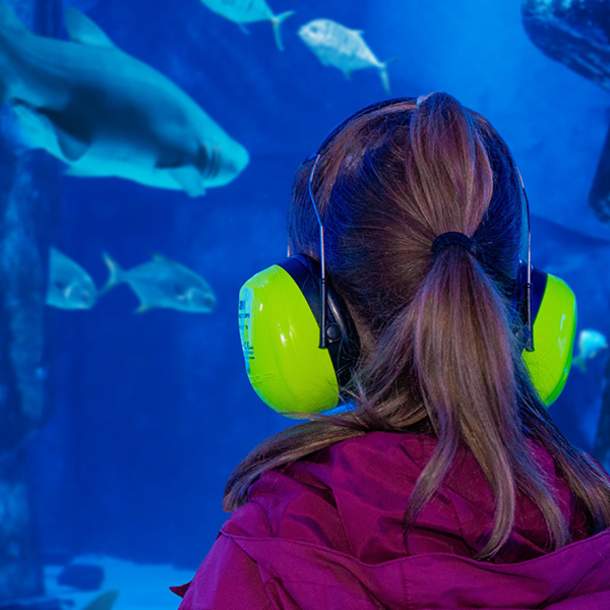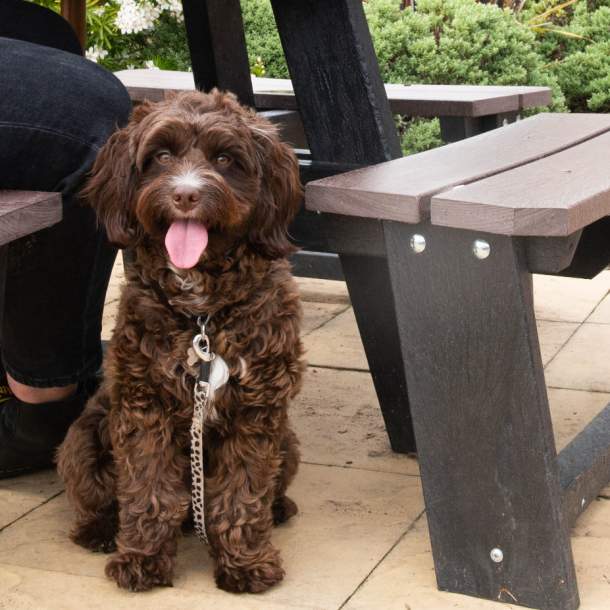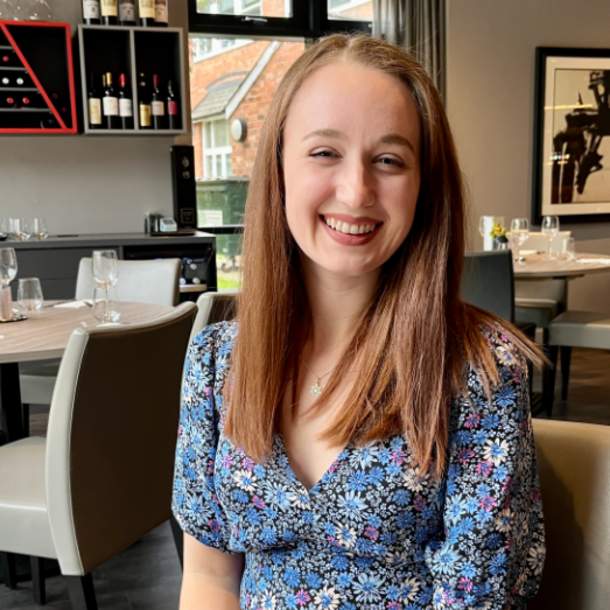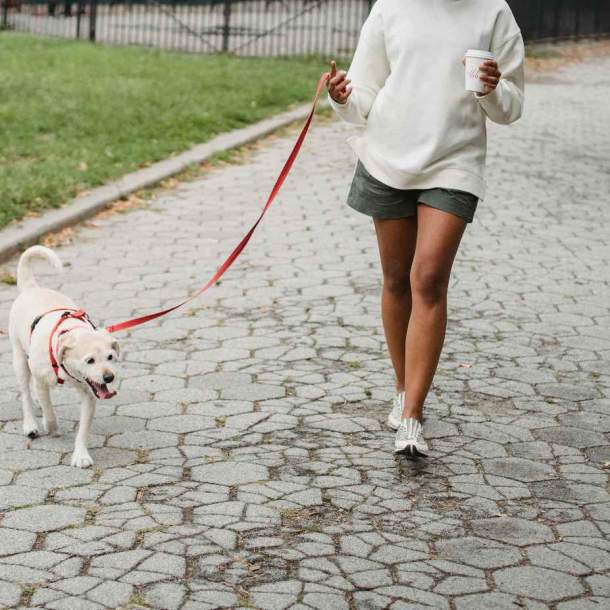A Warm Welcome For All
Our goal is simple: to make Birmingham & the West Midlands a welcoming, inclusive destination for everyone. Whether you're a visitor or part of the local tourism community, we invite you to join us in making travel more inclusive.
We want to help all visitors and residents understand why accessibility matters. With the films below we aim to highlight the barriers many disabled visitors face - and how small changes can make a big difference.
Staff Awareness of Features
Hospitality staff should be well-informed about the availability and proper use of accessibility equipment, such as ramps, lifts, and toilets, to ensure all guests feel welcome and supported.
Understanding how to operate and guide guests in using this equipment is essential for providing inclusive service and preventing unnecessary barriers.
Staff should also be trained to respond respectfully and promptly to accessibility needs, creating a more accommodating and comfortable environment for disabled guests. This awareness not only enhances the guest experience but also reflects the venue's commitment to accessibility and equality.
View an Audio Described version of this film
Allowing Assistance Dogs - It's the Law
Some taxi drivers still refuse to carry passengers with guide or assistance dogs, aside from being morally wrong, it’s against the law. Under the Equality Act 2010, it is a criminal offence in England, Scotland, and Wales for taxi or private hire drivers to refuse a disabled passenger because they have an assistance dog - unless the driver has a medical exemption certificate from the licensing authority. The consequences can include fines up to £1,000, licence revocation, and criminal records.
Yet, despite the legal protections, refusals remain all too common: over three‑quarters of guide dog handlers in the UK report being turned away at least once. These incidents are more than just inconvenience - they strip away independence, dignity, and trust in public services. Ethically, there’s no room for refusal. A customer with an assistance dog is simply exercising their right to safe, accessible travel - whether to work, appointments, social engagements, or daily life.
Allowing assistance dogs in taxis is both legally mandated and morally right. Drivers and companies must understand that carrying them is not optional - it’s their legal duty, and also the right thing to do.
View an Audio Described version of this film
Inclusive Hospitality Matters
In the UK around 25% of disabled people have reported experiencing negative attitudes or discrimination from hospitality staff.
These negative encounters can include being ignored, spoken down to, or having assumptions made about their abilities - often leading to feelings of exclusion and frustration. Hospitality staff should never assume what a disabled guest can or cannot do; instead, they should treat every individual with respect and dignity, engaging directly with them as valued customers.
Inclusive hospitality is not just about meeting legal obligations - it’s about creating welcoming, respectful environments where everyone feels seen, heard, and appreciated. By fostering inclusion, hospitality businesses not only do the right thing but also benefit from the loyalty and trust of a broader, often underserved customer base.
Disabled people want to shop and support local businesses just like anyone else. When businesses are welcoming and make things easy for everyone to access, disabled customers feel comfortable coming back again and again. Being inclusive means more regular customers who feel valued and appreciated, which is great for business. So, making your business friendly and accessible isn’t just the right thing to do - it’s also good for keeping customers coming through the door.
View an Audio Described version of this film
Small Changes Can Have a Big Impact
Some disabled people need to use plastic straws for health and accessibility reasons. Unlike paper or metal straws, plastic ones are flexible, safe, and reliable for people with certain medical conditions, mobility limitations, or muscle weakness. Refusing to provide plastic straws without considering this can unintentionally make everyday activities, like drinking, more difficult or even dangerous for some individuals.
Although concerns about plastic’s environmental impact are valid, broad bans on these items can unintentionally marginalise disabled individuals who depend on them. This issue is often described as “eco-ableism.”
43% of disabled people surveyed need to use a straw. Sometimes plastic is an access need.
The West Midlands Growth Company has created this content as part of a region-wide commitment to improving accessibility across the tourism and hospitality sector - not because this is a uniquely "West Midlands problem," but because it is essential for sector-wide change.
This initiative has been shaped and guided by disabled professionals, with all content developed in close consultation with them and based directly on their lived experiences. The talent featured in the campaign are disabled individuals, and an access coordinator was present on set at all times to ensure authenticity throughout the production.
We are immensely grateful to St. Mary’s Guildhall in Coventry, Hogarth’s Solihull, and T.O.A Taxis for their support and hospitality in bringing these important stories to life - venues and organisations which themselves are advocates and practitioners of inclusive hospitality.
Simple Ways to Make Your Venue More Accessible
The ‘Purple Pound’, representing the annual spending power of disabled individuals and their households, amounts to £30.9 billion in Birmingham and the West Midlands. Despite this, 75% of disabled people avoid businesses due to poor accessibility and customer service. This results in high street shops missing out on £25.6 million annually, while restaurants, pubs, and clubs lose £15.6 million.
Improving accessibility in your tourism business doesn't require a large budget. There are many simple and cost-effective ways to make your business more welcoming to people with access needs, enhancing inclusivity for both visitors and colleagues. Birmingham City Council, in collaboration with inclusive design consultants Mima, has developed a series of films offering practical tips and advice to help your business become more accessible.
Accessibility tips at Midlands Arts Centre
Accessibility tips at Eastside Rooms Convention Centre
Accessibility tips at Aloft Birmingham Eastside
Visitor economy businesses in Birmingham and the West Midlands - Free information guides and training webinars created for those looking to broaden their accessibility knowledge as well as identify, commit to and action short and longer term inclusivity goals.
Improving Accessibility Information Online
We’re always reviewing and updating our website’s accessibility content to help disabled visitors plan their trips with confidence. Whether you’re visiting for a major event, a family getaway, or a business conference, we’re working to ensure that accurate, helpful information about transport, accommodation, and attractions is easy to find.
